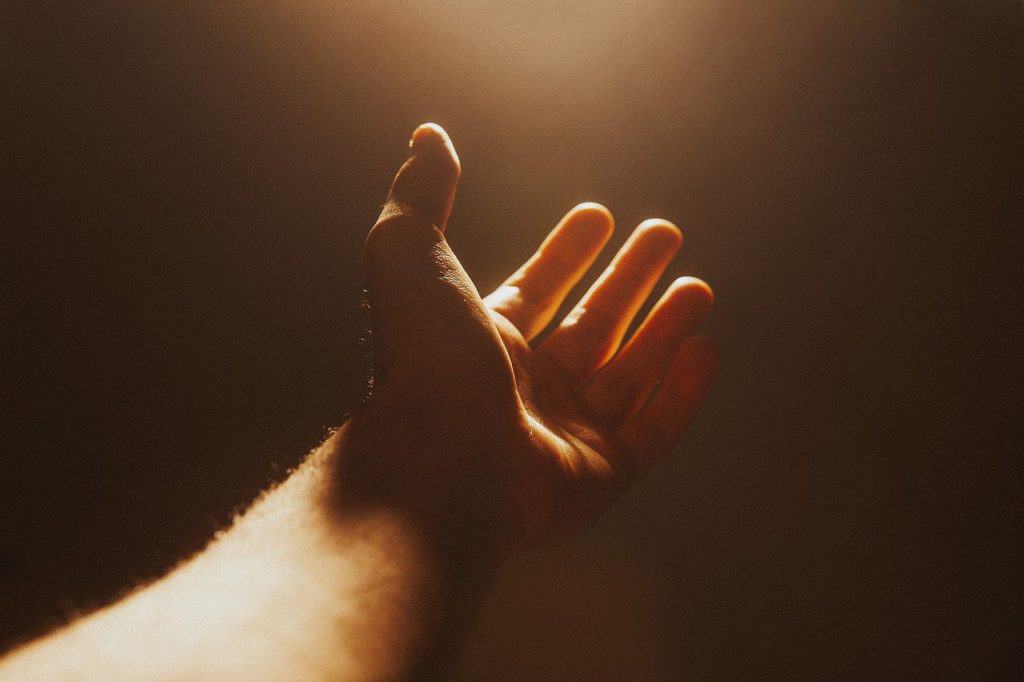Grief and Loss

What is Grief?
Grief is a natural response to loss. It’s the emotional suffering you feel when something or someone you love is taken away. Often, the pain of loss can feel overwhelming. You may experience all kinds of difficult and unexpected emotions, from shock or anger to disbelief, guilt, and profound sadness. The pain of grief can also disrupt your physical health, making it difficult to sleep, eat, or even think straight. These are normal reactions to loss—and the more significant the loss, the more intense your grief will be.
Coping with the loss of someone or something you love is one of life’s biggest challenges. You may associate grieving with the death of a loved one—which is often the cause of the most intense type of grief—but any loss can cause grief, including:
- Divorce or relationship breakup
- Loss of health
- Losing a job
- Loss of financial stability
- A miscarriage
- Retirement
- Death of a pet
- Loss of a cherished dream
- A loved one’s serious illness
- Loss of a friendship
- Loss of safety after a trauma
- Selling the family home.
Symptoms of Grief?
Emotional Symptoms:
Shock and disbelief. Right after a loss, it can be hard to accept what happened. You may feel numb, have trouble believing that the loss really happened, or even deny the truth. If someone you love has died, you may keep expecting them to show up, even though you know they’re gone.
Sadness. Profound sadness is probably the most universally experienced symptom of grief. You may have feelings of emptiness, despair, yearning, or deep loneliness. You may also cry a lot or feel emotionally unstable.
Guilt. You may regret or feel guilty about things you did or didn’t say or do. You may also feel guilty about certain feelings (e.g. feeling relieved when the person died after a long, difficult illness). After a death, you may even feel guilty for not doing something to prevent the death, even if there was nothing more you could have done.
Anger. Even if the loss was nobody’s fault, you may feel angry and resentful. If you lost a loved one, you may be angry with yourself, God, the doctors, or even the person who died for abandoning you. You may feel the need to blame someone for the injustice that was done to you.
Fear. A significant loss can trigger a host of worries and fears. You may feel anxious, helpless, or insecure. You may even have panic attacks. The death of a loved one can trigger fears about your own mortality, of facing life without that person, or the responsibilities you now face alone.
Physical symptoms of grief
We often think of grief as a strictly emotional process, but grief often involves physical problems, including:
- Fatigue
- Nausea
- Lowered immunity
- Weight loss or weight gain
- Aches and pains
- Insomnia
How can Therapy Help?
If your grief feels like too much to bear, find a mental health professional with experience in grief counseling. An experienced therapist can help you work through intense emotions and overcome obstacles to your grieving.
